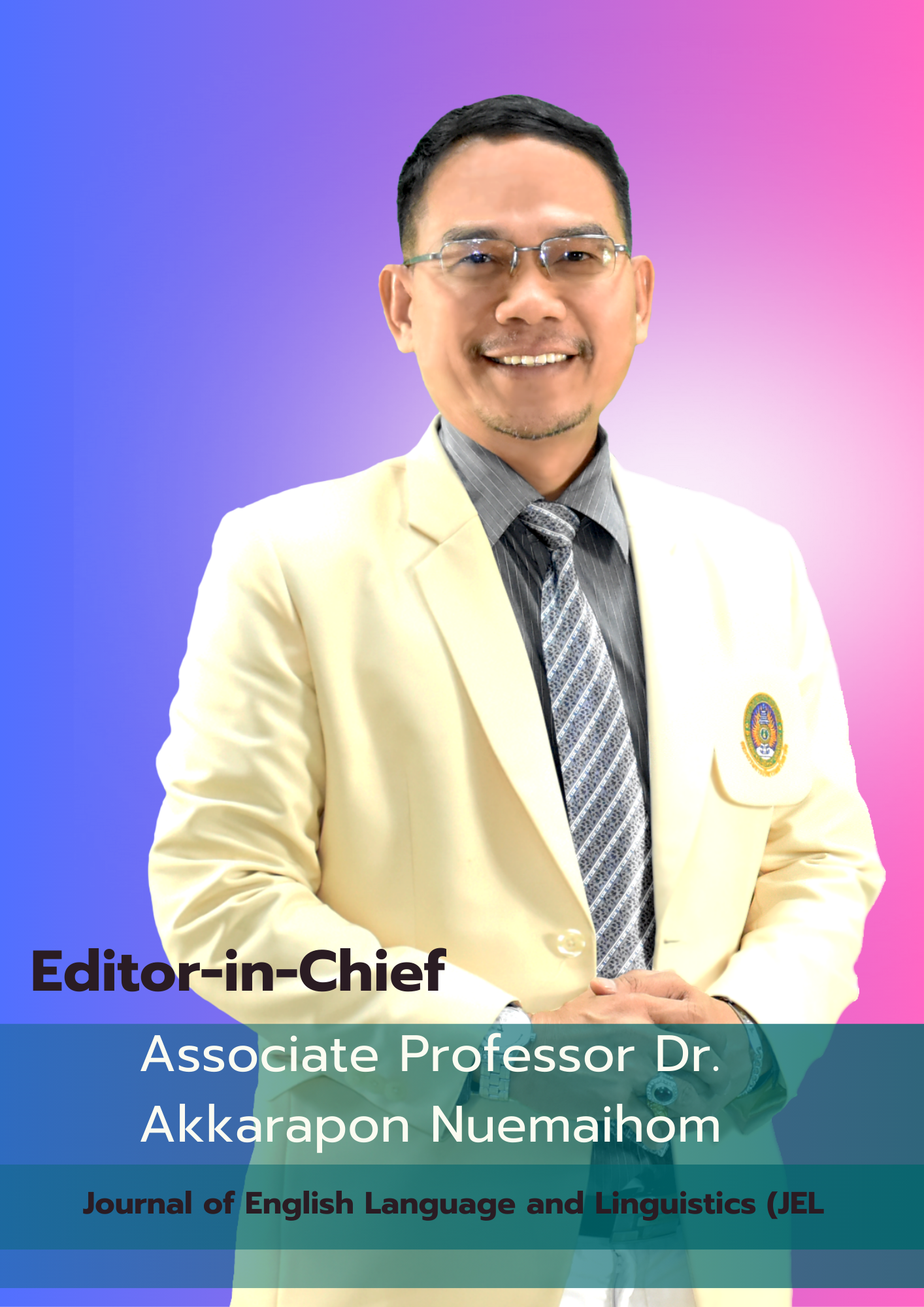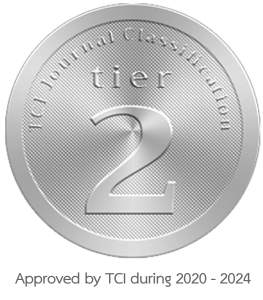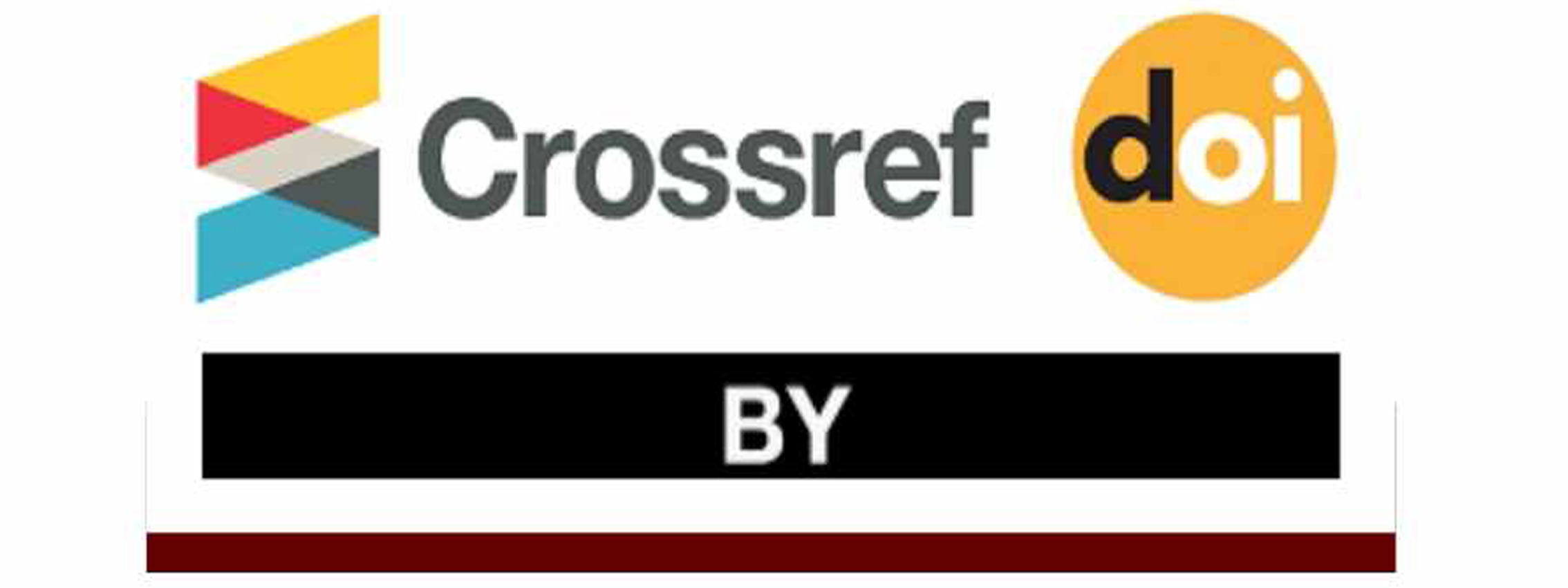An analysis of grammatical errors in English speaking of Thai EFL learners
DOI:
https://doi.org/10.62819/jel.2024.625Keywords:
EFL learners, English speaking, error analysis, grammatical errorsAbstract
The purpose of the present study was to investigate the instances of grammar mistakes in the spoken English of Thai EFL university students. The research objectives were to compare the errors committed in lexical and sentence structure and their frequencies. The participants comprised 43 first-year English for Business Communication students learning General Listening and Speaking courses at the Sakon Nakhon Rajabhat University. The data was gathered through recorded impromptu speeches on randomly assigned topics. The recordings were transcribed and then the data was analyzed using the Surface Strategy Taxonomy. The findings showed that there were 158 grammatical mistakes in total, and they are based on four main categories. Misformation errors were most prevalent, accounting for 69.62% of all errors, with subject-verb agreement (25.32%) and verb form (17.72%) errors being particularly common. Additional errors constituted 15.82%, omission errors 13.29%, and misordering errors 1.27% of the total. The most frequent subcategories were subject-verb agreement errors (25.32%), verb form misformation (17.72%), and tense misformation (12.66%). These results indicate that Thai EFL learners have considerable difficulties in utilizing appropriate grammatical structures in spoken English, and particularly verbs and agreements. The high frequency of misformation errors points to the fact that more focused instruction on problematic structures need to be addressed in lessons in contexts that convey meaningful communication. As such, it provides findings that could help plan specific instructional strategies and curriculum design for enhancing Thai students' spoken English proficiency.
References
Arifin, M. N., Heriyanto, E., Kurniadi, D., & Arvianti, I. (2024). Analyzing grammar errors among Hellotalk users and proposing effective correction strategies. English Learning Innovation, 5(1), 26-37.
Chintaradeja, P. (2020). An error analysis in paragraph writing in academic writing class of Thai undergraduate students, Rajamangala University of Technology. Journal of Education, Prince of Songkla University, Pattani Campus, 31(2), 64-76.
Corder, S. P. (1967). The significance of learners’ errors. International Review of Applied Linguistics in Language Teaching, 5(4), 161-170.
Corder, S. P. (1981). Error analysis and interlanguage. Oxford University Press.
Crystal, D. (2020). The Cambridge encyclopedia of the English language (3rd ed.). Cambridge University Press.
Dulay, H., Burt, M., & Krashen, S. (1982). Language two. Oxford University Press.
Fadhilah, F., Dewi, R. S., Anasy, Z., Eviyuliwati, I., & Syauki, S. (2021). Fostering Students’ Grammatical Competence Through Flipped Classroom. IJEE (Indonesian Journal of English Education), 1(1), 64-79.
Gass, S., Behney, J., & Plonsky, L. (2013). Second language acquisition: An introductory course. Routledge.
Haji Saad, M. A. R., & Sawalmeh, M. H. M. (2014). Error analysis in role-play presentations among less proficient L2 Malaysian learners. International Journal of English and Education, 3(3), 346-355.
Kampookaew, P. (2020). An analysis of grammatical errors made by Thai EFL university students in an EAP writing class: Issues and recommendations. rEFLections, 27(2), 246-273. https://doi.org/10.61508/refl.v27i2.248862
Nunan, D. (2018). Teaching speaking to young learners. The TESOL Encyclopedia of English Language Teaching, 1-8.
O'Donnell, K. (2016). A preliminary analysis of interlanguage errors in controlled writing dialogues of freshman students at Burapha University. HRD Journal, 7(2), 37-48.
O'Donnell, K. (2021). Grammatical error analysis in the spoken English of Thai EFL learners. LEARN Journal: Language Education and Acquisition Research Network, 14(1), 427-454.
Pappol, R., Nakcharoen, J., & Sukpatcharaporn, N. (2022). Error analysis of written English essays: The case of 3rd year students of English major, Chiang Mai Rajabhat University. Phimoldhamma Research Institute Journal, 9(1), 1-13.
Pianpadungporn, S. (2024). The Development of English Grammar Learning Skills by Using Explicit Teaching Method of University Students: The Case Study of Thai University Students. Higher Education Studies, 14(2), 70-78.
Phettongkam, H. (2017). Grammatical errors in spoken English of undergraduate Thai learners in a communicative business English course. Language Education and Acquisition Research Network (LEARN) Journal, 10(1), 95-117.
Phuket, P. R. N., & Othman, N. B. (2015). Understanding EFL Students' Errors in Writing. Journal of Education and practice, 6(32), 99-106.
Richards, J. C. (2021). Error analysis: Perspectives on second language acquisition. Routledge.
Saengklaijaroen, W. (2022). The error analysis on different text genres of Thai EFL students. Journal of Graduate Studies Valaya Alongkorn Rajabhat University, 16(1), 167-180.
Sasum, S., & Weeks, B. (2018). Why some Thai students cannot speak English fluently. Proceedings of RSU International Research Conference 2018, 361-367.
Schenck, A. (2020). Using Meta-Analysis of Technique and Timing to Optimize Corrective Feedback for Specific Grammatical Features. Asian-Pacific Journal of Second and Foreign Language Education, 5(1):1-20. doi: 10.1186/S40862-020-00097-9
Sritong, C. (2015). Grammatical Errors in Surface Strategy Taxonomy: A Case Study in Spanish Writing Course for Thai University Students. Humanities and Social Sciences, Khon Kaen University Journal, 32(1), 103-130.
Takahashi, Y., & Thumawongsa, N. (2024). Verb Error Analysis of Thai EFL Generation Z and Generation Alpha Students in Thailand. rEFLections, 31(2), 543-567.https://doi.org/10.61508/refl.v31i2.274817
Tiansoodeenon, M., Rungruangsuparat, B., Poomarin, W., Khunasathitchai, K., & Tarapond, S. (2022). Speaking errors analysis: A case study of English-major undergraduate students at Rajamangala University of Technology Thanyaburi. RMUTSB Academic Journal (Humanities and Social Sciences), 7(2), 131-145.
Tipprachaban, B. (2023). An Analysis of factors in the First Language (Thai) that Influence the Learning of the Second Language (English). Parichart Journal, 36(1), 212–229. https://doi.org/10.55164/pactj.v36i1.258825
Waelateh, B., Boonsuk, Y., Ambele, E. A., & Jeharsae, F. (2019). An analysis of the written errors of Thai EFL students' essay writing in English. Journal of Social Sciences and Humanities Research in Asia, 25(3), 55-82. https://so05.tci-thaijo.org/index.php/psujssh/article/view/242002


















